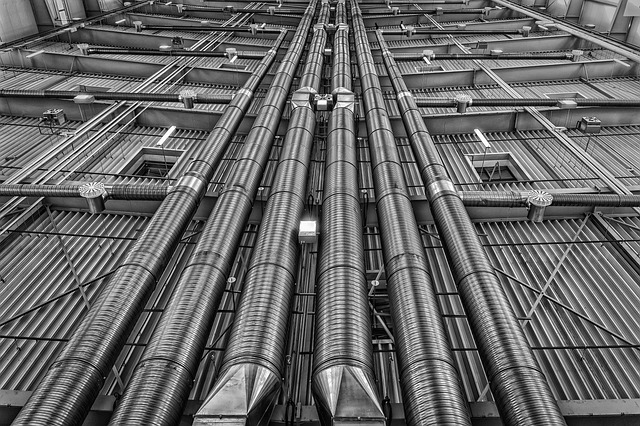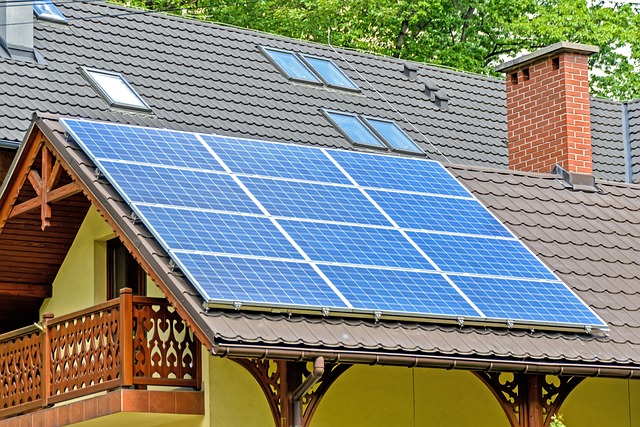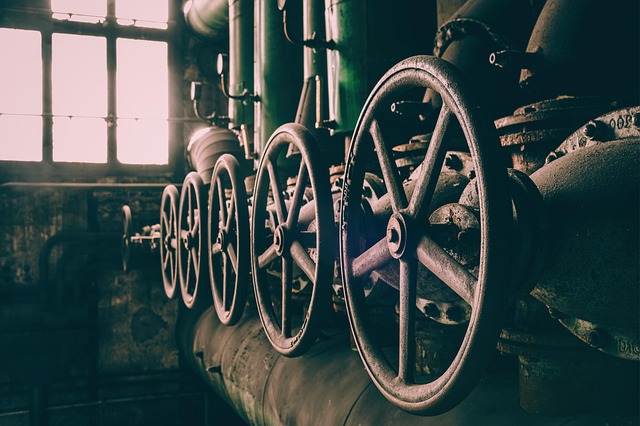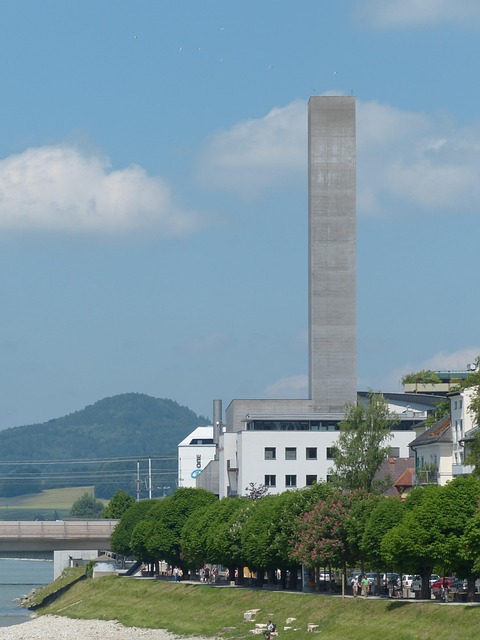Entity Disambiguation Unlocks Performance of 50 kW Combi Boilers
Choosing the right 50 kW combi boiler is crucial for homeowners and facilities managers of large pro…….

Choosing the right 50 kW combi boiler is crucial for homeowners and facilities managers of large properties, offering year-round comfort. Key considerations include fuel type (gas or LPG), condensing technology, energy efficiency (ErP A ratings), hot water flow rate, and central heating capacity. Accurately selecting a model ensures optimal performance, cost savings, and reduced carbon emissions. Regular maintenance is vital for energy-efficient condensing boilers, while future developments may include smart home integration and eco-friendly designs.
In the realm of heating systems, understanding the nuances of 50 kW combi boilers is paramount for optimal performance. This article delves into the challenging task of disambiguating these models, exploring what entity disambiguation entails and its significance. We present effective strategies to resolve ambiguities, highlighting benefits such as enhanced efficiency and system reliability. Furthermore, we discuss best practices and future enhancements, offering a comprehensive guide for professionals navigating the complex landscape of 50 kW combi boilers.
- Understanding the Challenge of 50 kW Combi Boiler Models
- What is Entity Disambiguation?
- Strategies for Effective Entity Disambiguation in Boilers
- Benefits of Resolving Ambiguities in 50 kW Combis
- Best Practices and Future Enhancements
Understanding the Challenge of 50 kW Combi Boiler Models

The 50 kW combi boiler plays a pivotal role in catering to the heating and hot water needs of large properties with multiple bathrooms. Its high output capacity makes it an ideal solution for central heating systems that demand consistent performance throughout the year, ensuring every room remains comfortable during both chilly winters and warm summers.
However, with various models available on the market, from natural gas fired to LPG compatible options, understanding the nuances of each becomes a challenge. Factors such as condensing technology, energy efficiency, hot water flow rate, central heating capacity, and even ErP A ratings can significantly impact both performance and cost-effectiveness. Navigating these complexities is crucial for homeowners and facilities managers who seek a reliable, sustainable, and cost-efficient solution, thereby highlighting the importance of entity disambiguation to resolve ambiguities associated with 50 kW combi boilers.
What is Entity Disambiguation?

Entity disambiguation is a process designed to resolve ambiguities that arise when multiple entities share similar characteristics or names. In the context of 50 kW combi boilers, this becomes particularly relevant due to the variety of models available, each catering to different needs and applications. Whether it’s for a large property with multiple bathrooms or a smaller space requiring high output heating, understanding the nuances between these high-efficiency systems is key.
These modern condensing boilers, often powered by natural gas or LPG, offer energy-efficient solutions with advanced features like ErP A ratings and improved hot water flow rates. When discussing such technology, it’s crucial to distinguish between models to ensure the right choice for a given central heating capacity requirement, especially in homes or commercial spaces where performance and reliability are paramount.
Strategies for Effective Entity Disambiguation in Boilers

Entity disambiguation plays a crucial role in ensuring that the right 50 kW combi boiler model is selected for any given application. Effective strategies involve meticulous analysis of specific heating needs, such as those required for large properties with multiple bathrooms. Understanding the central heating capacity and hot water flow rate desired is essential to avoid ambiguity.
Consideration should also be given to the type of fuel source, whether natural gas fired or LPG compatible, and the energy efficiency expected from the high output boiler. Modern condensing technology, known for its ErP A rating, offers not only enhanced performance but also environmental benefits, making it a preferred choice for many. Optimizing these factors guarantees that the selected boiler model aligns precisely with the intended purpose, ensuring optimal central heating capacity and energy savings.
Benefits of Resolving Ambiguities in 50 kW Combis

Resolving ambiguities in 50 kW combi boilers brings significant advantages for homeowners, especially those with larger properties featuring multiple bathrooms and demanding high output boiler needs. By correctly identifying the specific model, users can take full advantage of modern technologies like condensing technology, which not only enhances energy efficiency but also reduces carbon emissions. This is particularly beneficial for those who rely on natural gas fired or LPG compatible heating systems.
A disambiguated 50 kW combi boiler ensures optimal performance, providing a steady hot water flow rate and meeting the central heating capacity requirements of larger spaces. Moreover, models that are ErP A rated contribute to substantial cost savings over time by improving energy efficiency, making them an excellent choice for environmentally conscious folks.
Best Practices and Future Enhancements

As the adoption of 50 kW combi boilers increases, especially in properties with multiple bathrooms and high output boiler needs, best practices should be implemented to ensure optimal performance and user experience. Regular maintenance is crucial for these energy-efficient appliances, utilizing condensing technology to enhance both central heating capacity and hot water flow rate. Users should also remember that while natural gas fired combis are popular, LPG compatibility can expand installation options, catering to diverse energy needs.
Future enhancements in the realm of 50 kW combi boilers could include advanced digital controls for precise temperature management and real-time monitoring. Additionally, integrating smart home technologies could enable remote control and adjustment, further improving convenience and energy conservation. In light of these developments, the industry should continue to prioritize eco-friendly designs, ensuring that future models meet or exceed ErP A rated standards, thereby contributing to a greener landscape in large property heating solutions.
In conclusion, entity disambiguation plays a pivotal role in resolving ambiguities associated with 50 kW combi boilers, enhancing their performance and reliability. By employing effective strategies and best practices, we can ensure these powerful heating systems operate at peak efficiency, providing homeowners with consistent comfort and peace of mind. Understanding and addressing these complexities is essential for the continuous advancement of boiler technology in today’s market.







